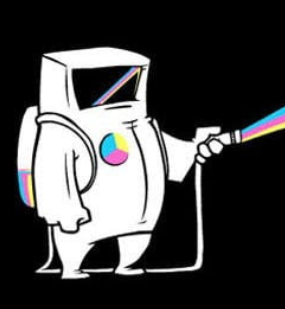Abstract
The broad autism phenotype (BAP) is a set of personality and language characteristics that reflect the phenotypic expression of the genetic liability to autism, in non-autistic relatives of autistic individuals. These characteristics are milder but qualitatively similar to the defining features of autism. A new instrument designed to measure the BAP in adults, the Broad Autism Phenotype Questionnaire (BAPQ), was administered to 86 parents of autistic individuals and 64 community control parents. Sensitivity and specificity of the BAPQ for detecting the BAP were high (>70%). Parents of children with autism had significantly higher scores on all three subscales: aloof personality, rigid personality, and pragmatic language. This instrument provides a valid and efficient measure for characterizing the BAP.
Note: This questionnaire is meant to be administered to individuals with an autistic relative to assess if they have traits that are similar to autism but not enough for a diagnosis, ig?
I would like to read your thoughts on the scale and general concept of this scale. Also, feel free to share your scores!
Link the the actual article.



We’d probably see higher rates of it in societies that used those drugs often, which afaik we don’t
specifically mescaline, mushrooms, ayahuasca/dmt, and weed have all been used by humans for a long time, and I haven’t heard anything about higher rates of neurodivergence in those societies
i could see mdma having an impact like that though, since it’s much riskier than psychedelics and weed (iirc it can be cardiotoxic, neurotoxic, and much more likely to be addictive than those) and we don’t have historical/traditional users of it to look at
Hm, makes sense… thanks for your input 👍.
🫡